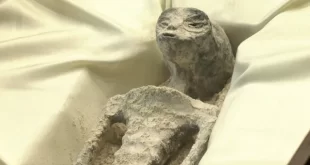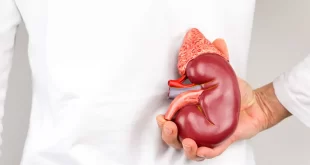Innovative ideas often start with meaningful observation. For Cho Jae-weon, professor of urban and environmental engineering at the National University of Science and Technology of Ulsan (UNIST) in South Korea, the creation of a new digital currency was born from a simple biological fact: everyone poops.
By developing a system that generates energy from feces, the professor found a way to turn shit into digital gold – a project he dubbed Feces Standard Money. This currency is called the Ggool, which means honey in Korean. “I wanted everyone to be able to add value and contribute to society, regardless of their wealth and age,” Cho explains.
Since 2015, Cho has been dedicated to the study of the transformation of human excrement into power and currency. Once little known, his project captured the attention of the world as digital currencies captured the attention of the general public. Some tech sites have referred to its currency as “literal shitcoin,” a derogatory term usually reserved for worthless cryptocurrencies.
In 2018, to make his idea a reality, Cho had a two-story experimental complex built on the university’s campus and landscaped with rooms and toilets that produce renewable energy from human excrement.
Three toilets, called “BeeVi” (a combination of the words “bee” and “vision”), pump human excreta into an underground storage tank, where it is broken down into methane by microorganisms. The methane is then burned to supply the adjacent chambers. “When we fart, we emit methane which can be used as bioenergy,” Cho explains. Stools can also produce methane, which can fuel a water heater. “What remains of the faeces can be used as manure.
After using the restroom, users have to scan a QR code to get their reward of 10 Ggools per day. “The 10 Ggools refer to a person’s daily production value,” explains the professor. I wanted to differentiate the value of the Ggool from other currencies like the US dollar, Korean won, and bitcoin, and get people to rethink the current monetary system. ”
Users have the option of spending their tokens at Ggool Market, an on-campus store serving approximately 5,000 students. They are even accepted by around 20 affiliated stores in the city of Ulsan, in the south-east of the country, including cafes, bars, restaurants and clinics. Cho estimates that around 1,000 people, mostly students and project participants, are currently using the Ggool.
 medjouel.com Study Non Stop
medjouel.com Study Non Stop



